Reviewed by Meg Flores
Your Galaxy Watch is about to become a life-saving device in ways we've never seen before. Samsung has developed new AI algorithms in collaboration with Medical AI, a leading Korean medical device company, to enable its smartwatches to detect signs of heart failure. This is not just another health feature update, we are talking about the world's first LVSD detection through a smartwatch. The technology builds on existing ECG functionality that can already monitor blood pressure and heart rate, and it pushes wearable health monitoring into entirely new territory.
Samsung announced the capability in its Newsroom post; the LVSD algorithm was developed with Medical AI and has received regulatory approval from South Korea's Ministry of Food and Drug Safety (MFDS) for use there.
If Samsung successfully navigates global regulatory approval, we could see a fundamental shift in how millions of people manage their cardiovascular health. So what actually changes, and why does it matter?
What this means for the future of wearable health
Bottom line, we are watching wearable technology shift from fitness tracking to legitimate medical monitoring. Samsung's breakthrough points to a move from reactive treatment to proactive prevention, where your watch does not just say something is wrong, it flags cardiovascular deterioration at the cellular level before clinical symptoms manifest.
The clinical foundation behind this technology, validated through data from over 120,000 patients and regulatory approval, sets a new standard for consumer health devices. This opens the door for insurance companies to potentially offer premium discounts for continuous cardiac monitoring, healthcare systems to implement remote patient management programs, and medical professionals to shift toward preventive cardiology models.
The broader implications for population health are extraordinary. Heart failure affects over 6 million Americans and costs the healthcare system billions annually in emergency interventions and hospitalizations. If smartwatches can reliably detect LVSD during its reversible stages, we could see dramatic reductions in advanced heart failure cases and related healthcare costs.
While we will have to wait for broader global availability, the direction is clear. For Samsung users, especially those with heart health concerns or family histories of cardiovascular disease, this could be the feature that makes upgrading to the Watch8 or Watch Ultra a potentially life-saving decision.
The technology is here. The clinical validation is proven. The regulatory pathway is established. Samsung has positioned themselves at the forefront of the next evolution in consumer healthcare technology.




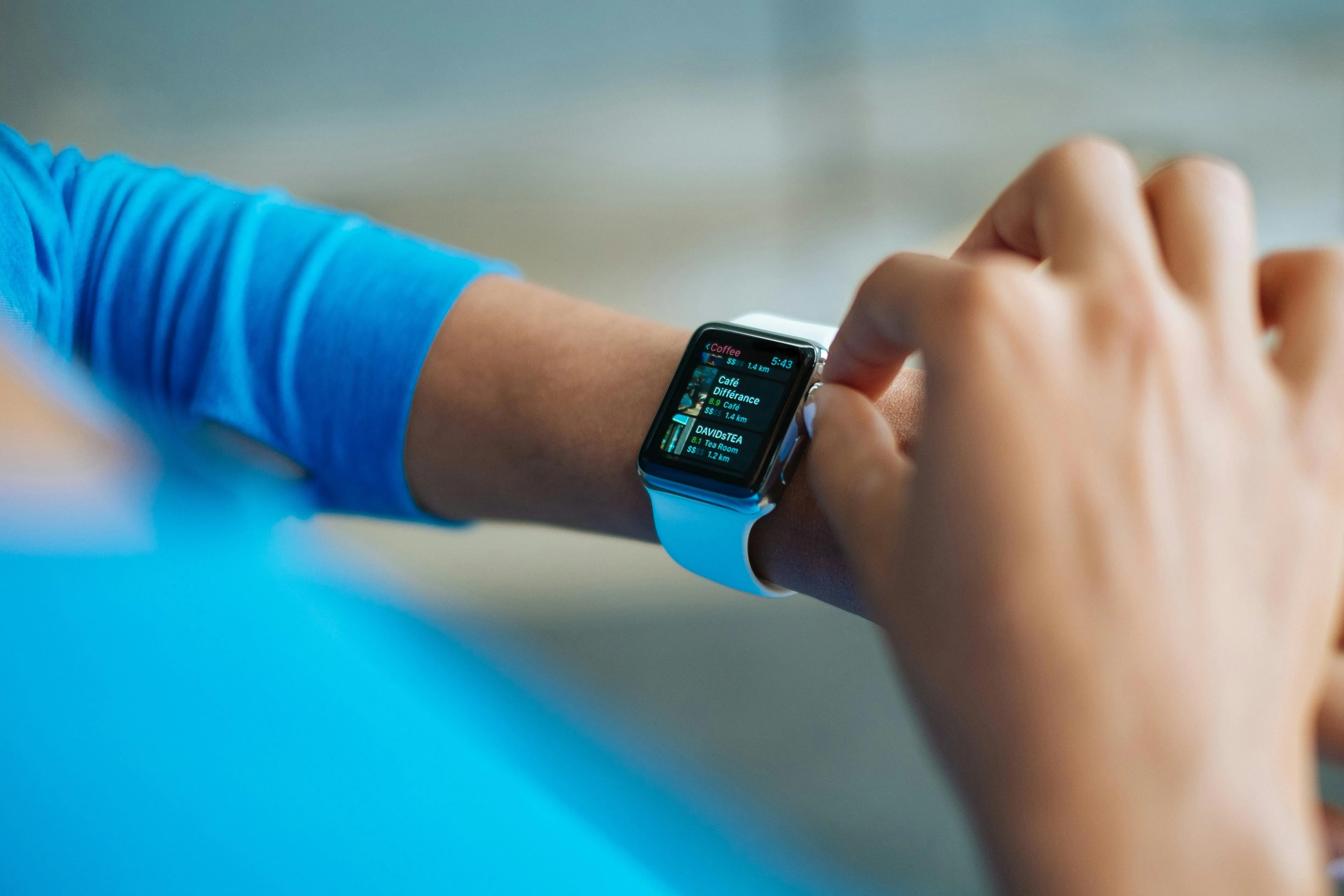
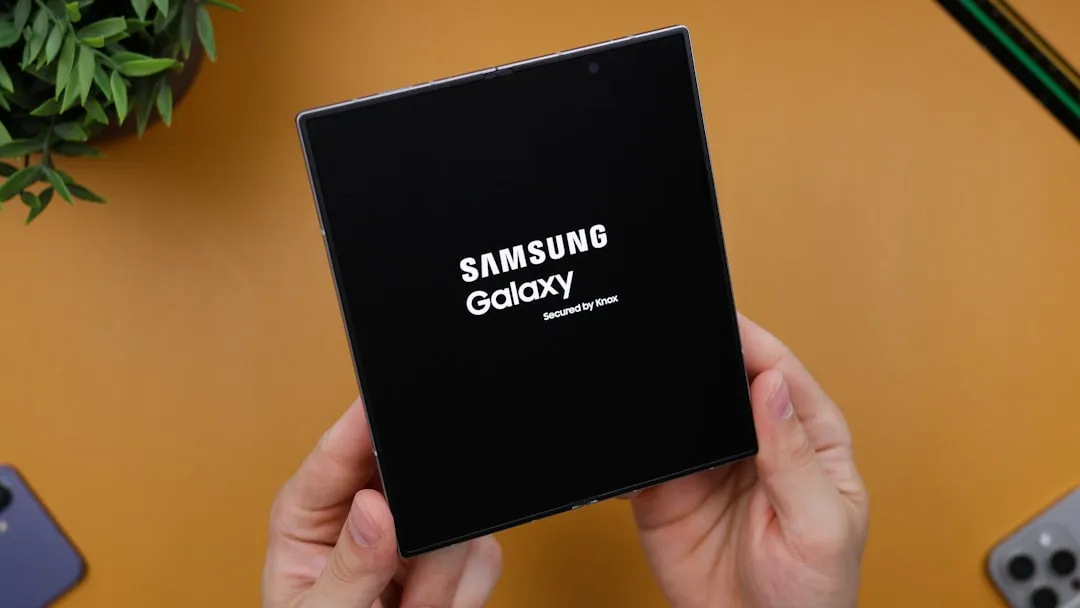
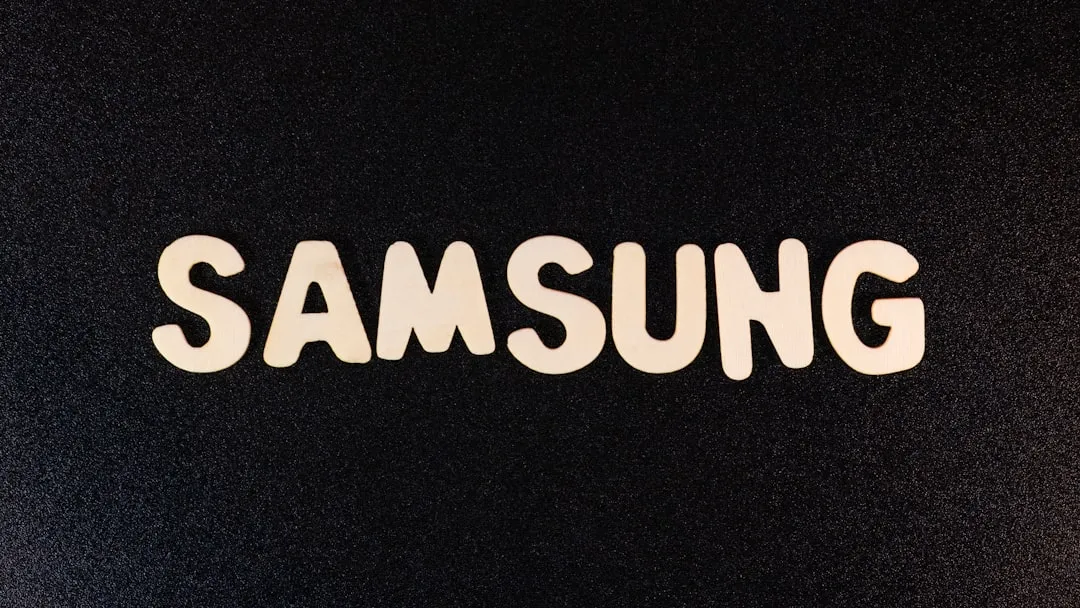
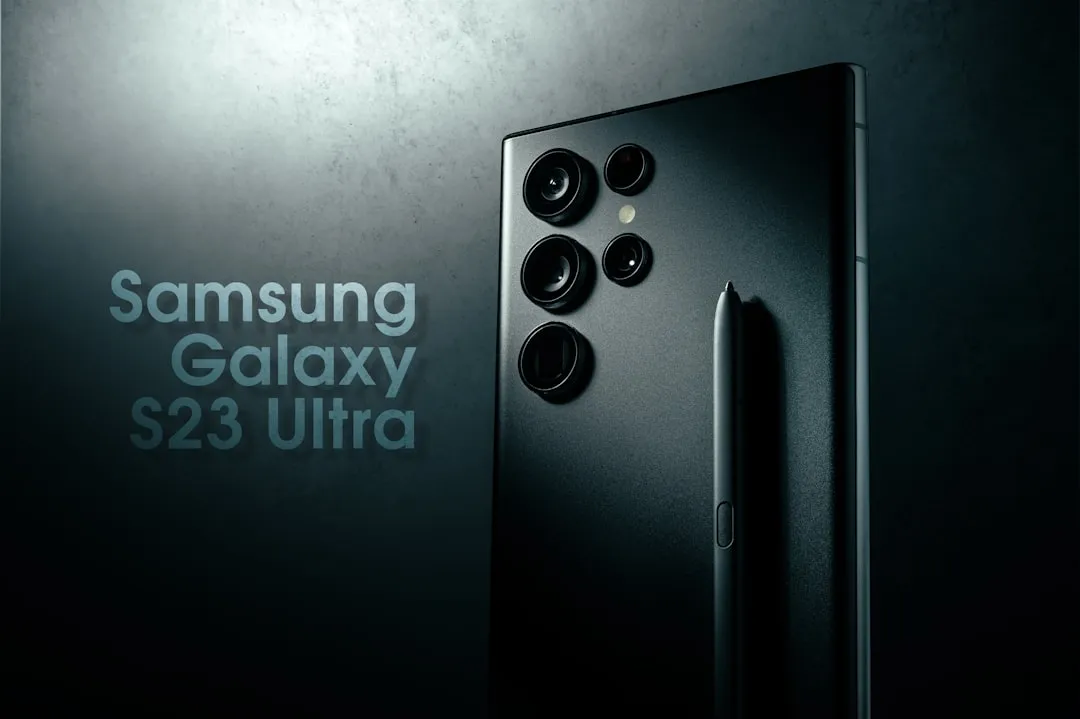
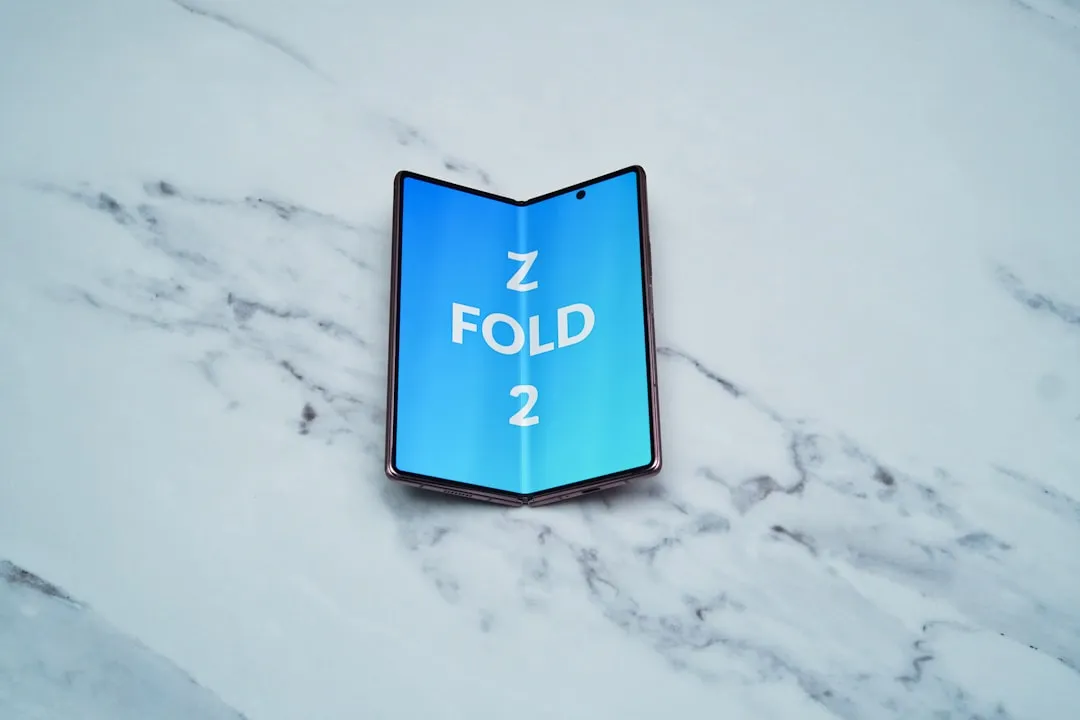



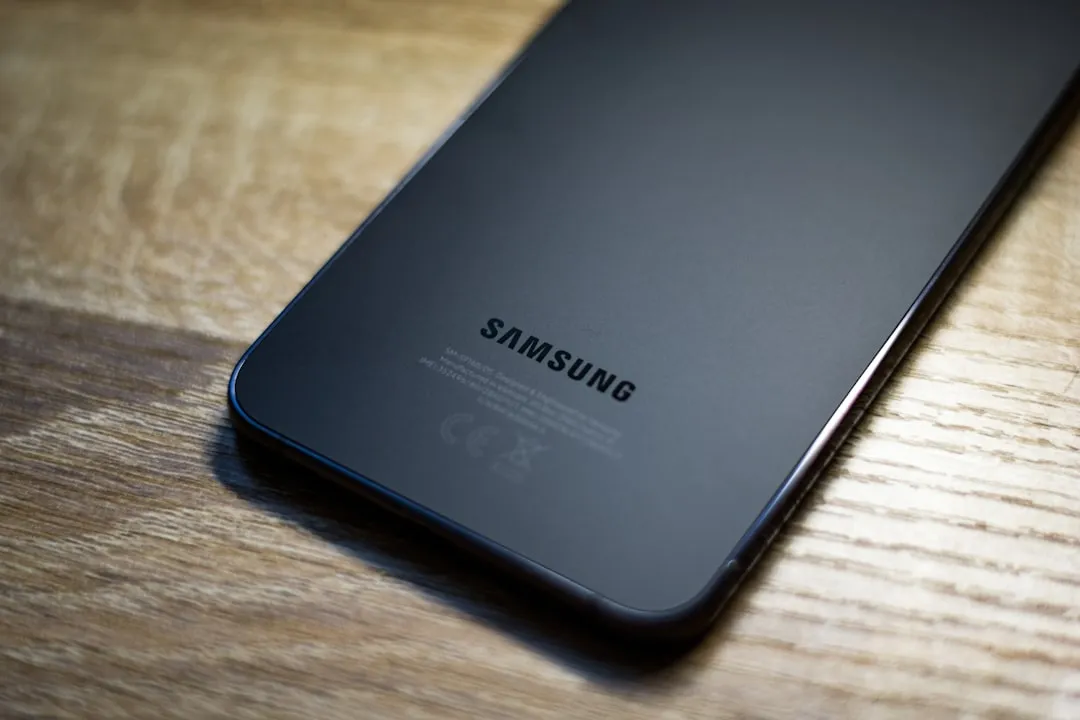
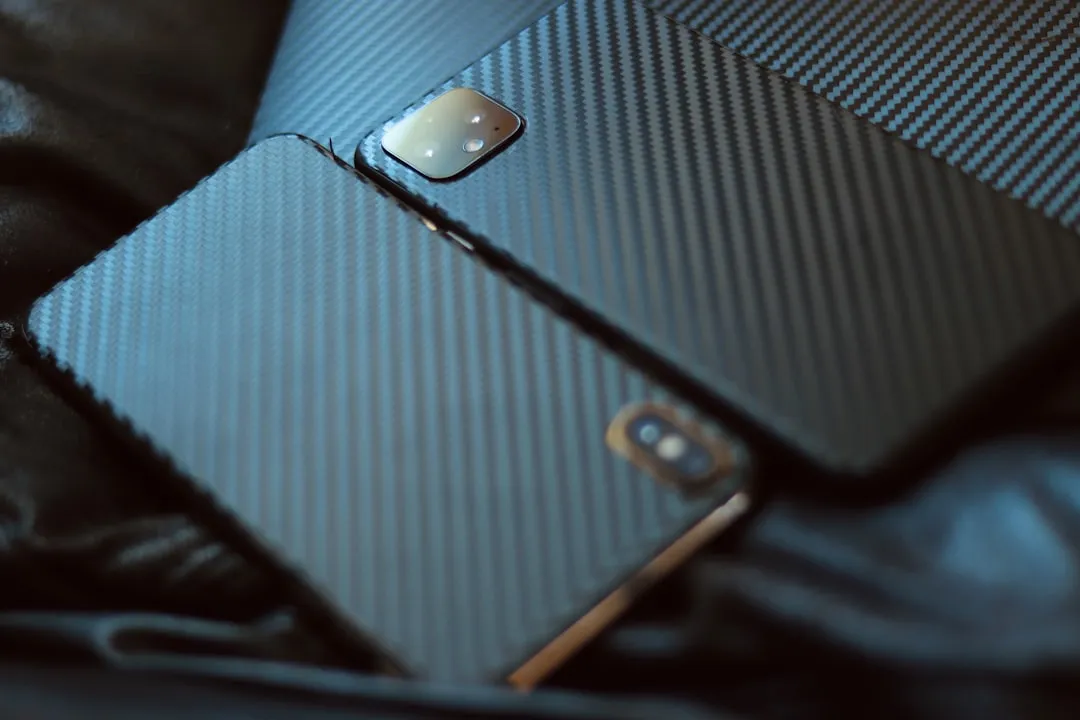
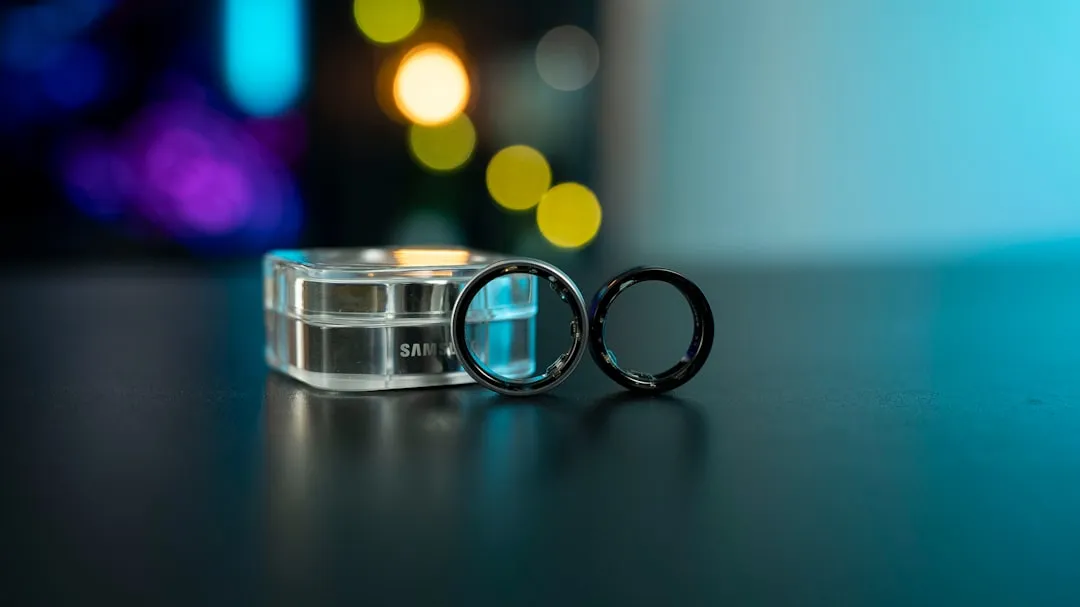

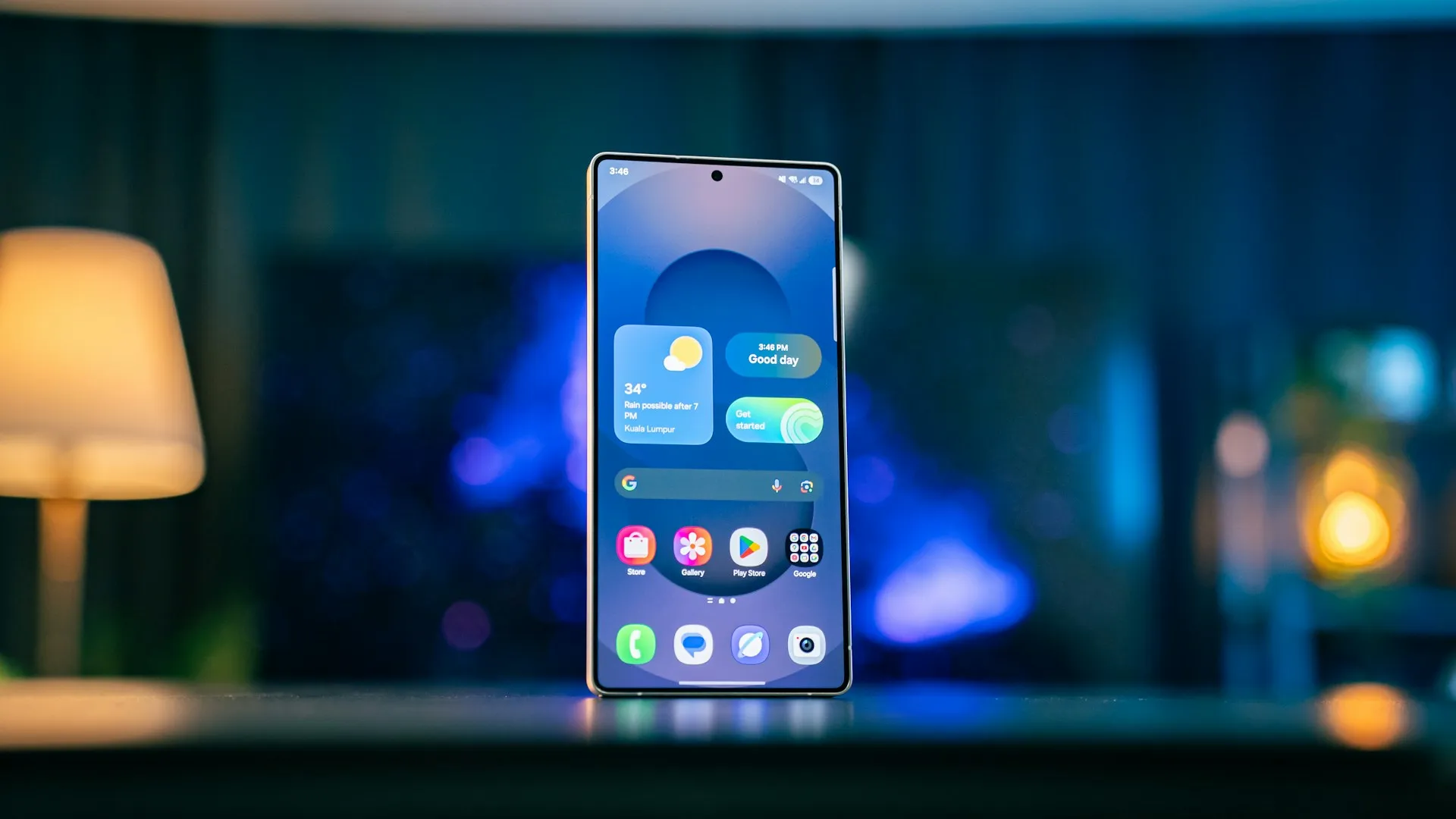
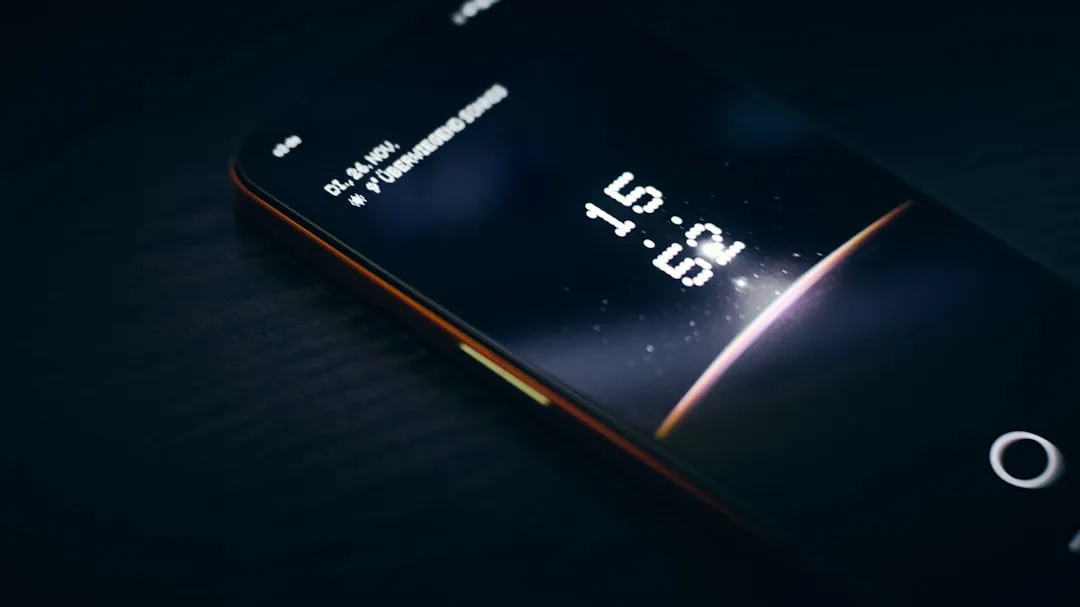
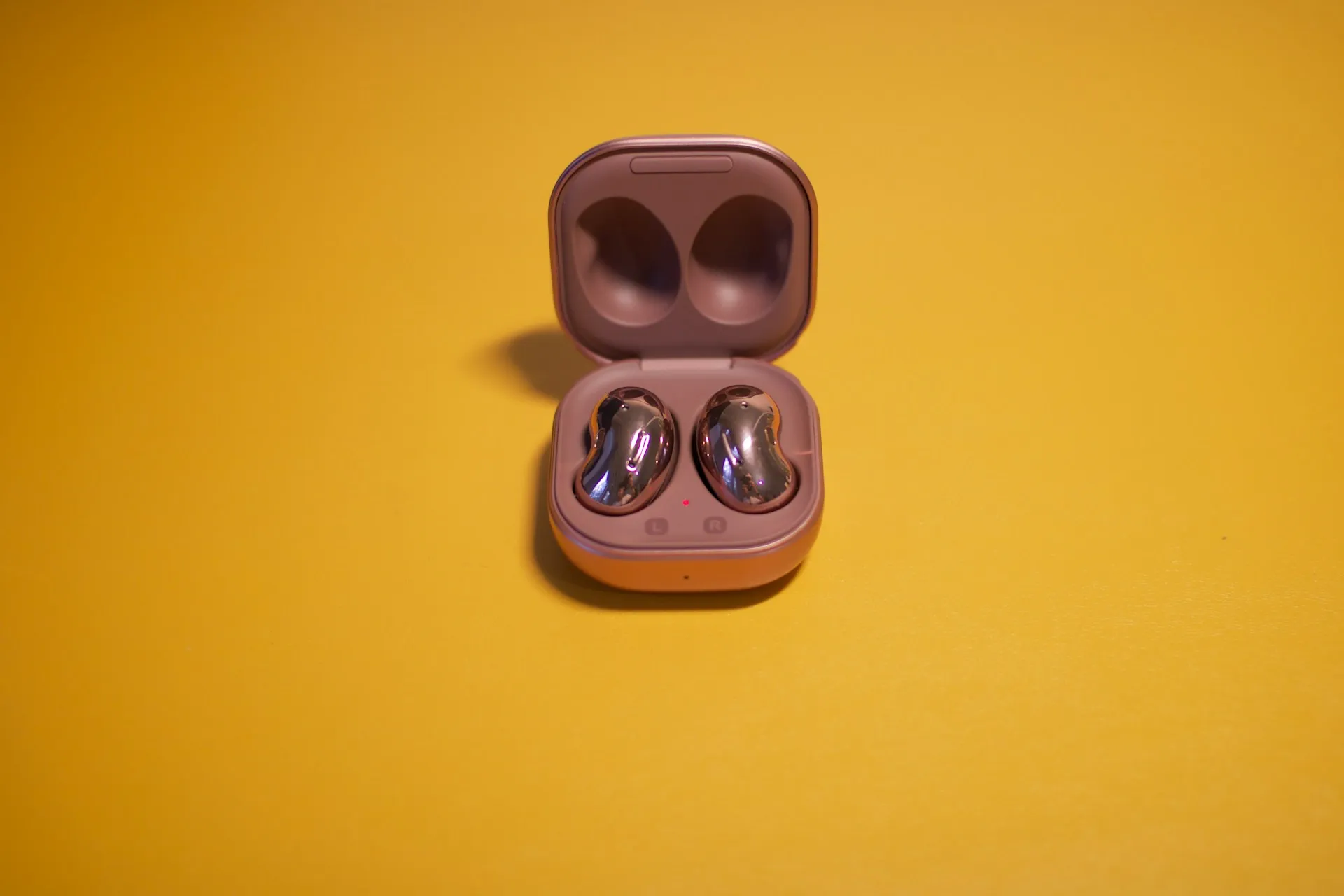
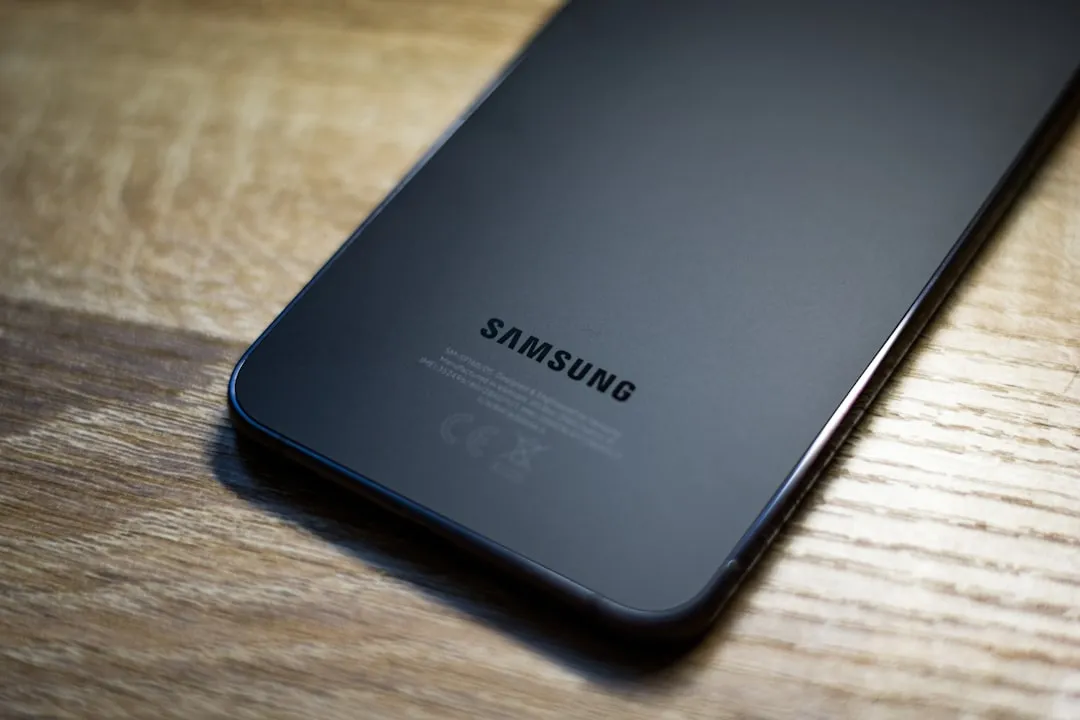
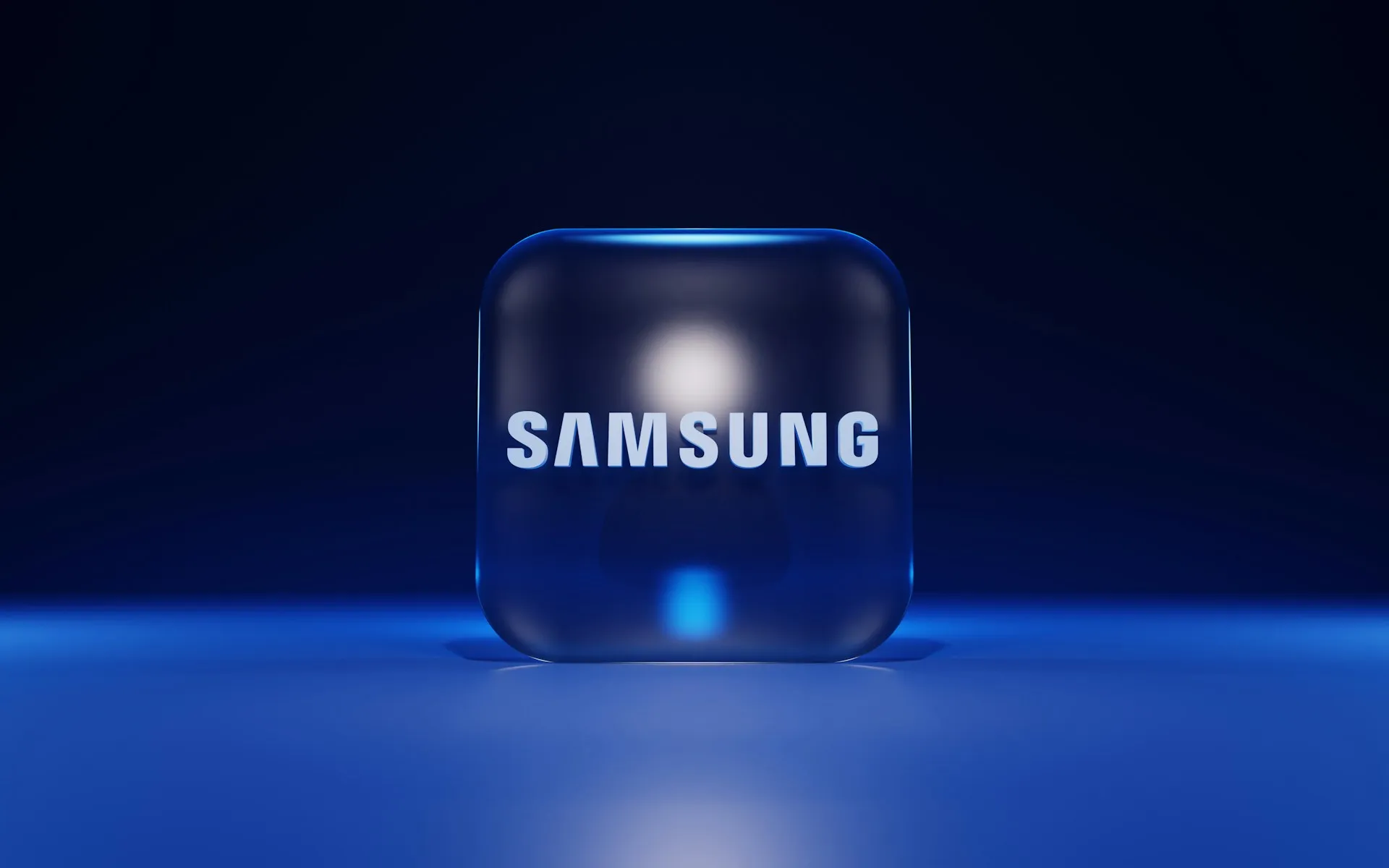

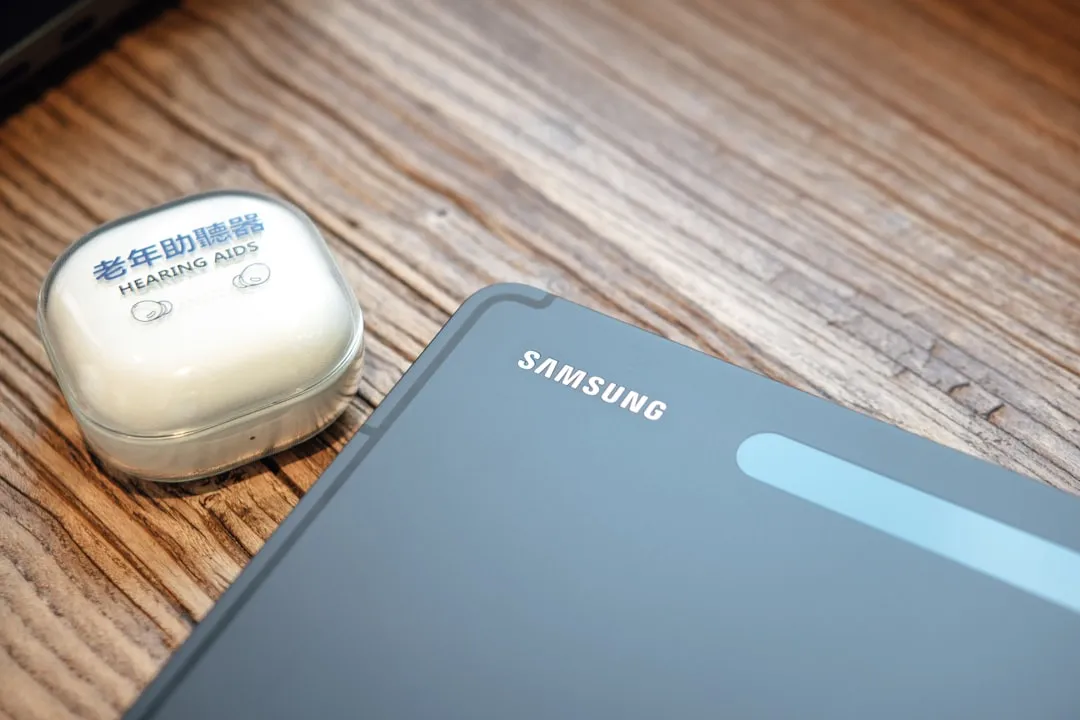

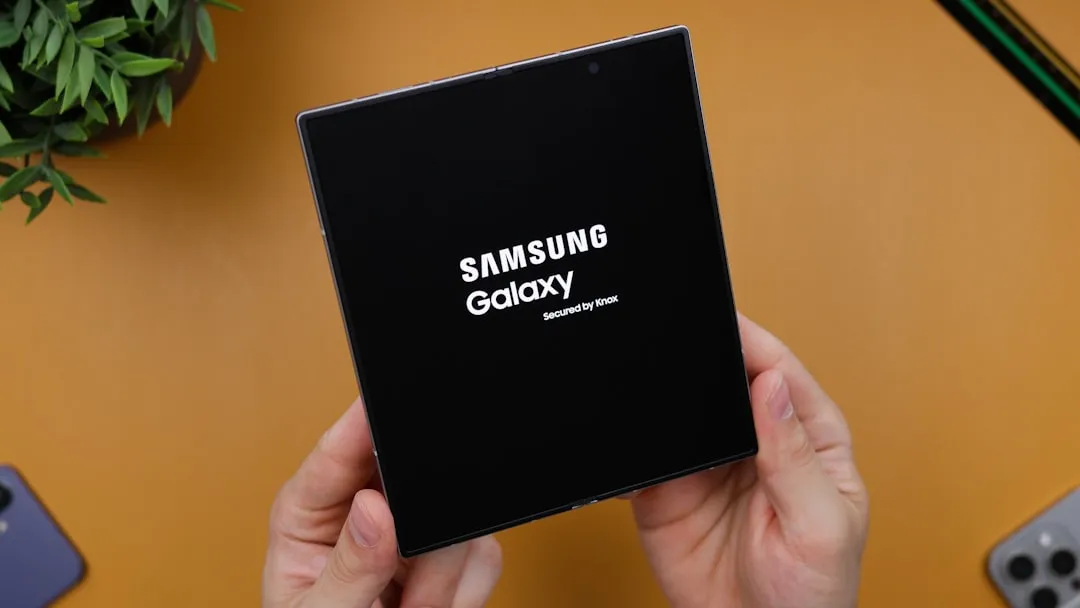
Comments
Be the first, drop a comment!